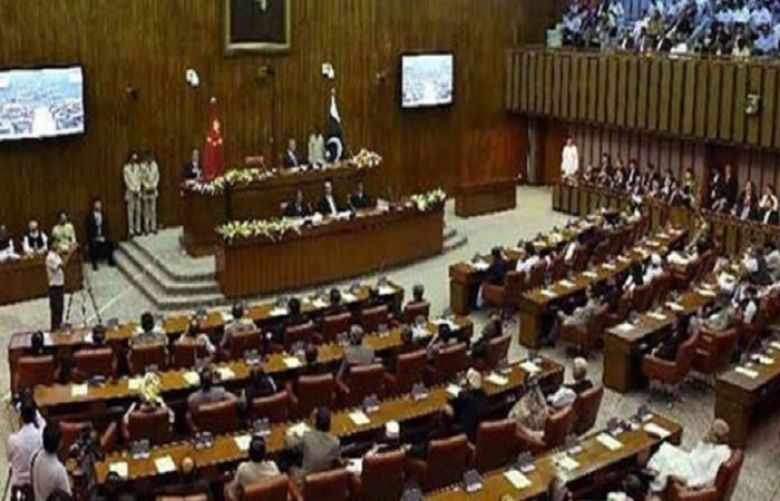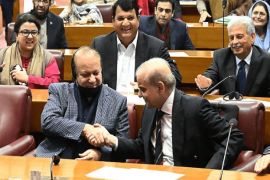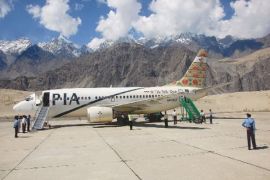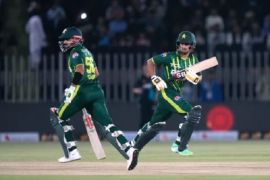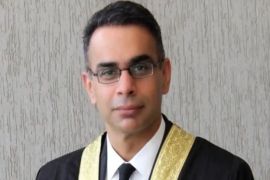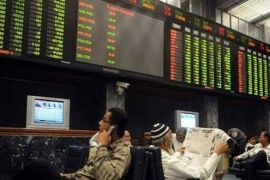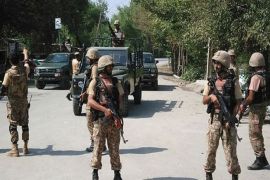There will be no polling for the 11 Senate seats from Balochistan as all the candidates — seven on general seats and two each on seats reserved for women and technocrats — have been elected unopposed ahead of the election slated for April 2.
Nine senators were declared winners a day earlier while the result was awaited on the two remaining technocrat seats.
Jamiat Ulema-e-Islam Fazl's (JUI-F) Maulana Abdul Wasey and Pakistan Peoples Party’s (PPP) Bilal Khan Mandokhail have been elected on the reserved seats.
Moreover, the other nine candidates elected unopposed to the Senate from Balochistan include former caretaker prime minister Anwar-ul-Haq Kakar who has returned to the upper house as an independent candidate on a general seat.
Similarly, Pakistan Muslim League-Nawaz’s (PML-N) Syed Nasir and Agha Shahzeb Durrani, PPP’s Sardar Umar Gorgej, National Party’s John Buledi, Awami National Party's Aimal Wali and JUI-F’s Ahmed Khan have also been elected on general seats.
Additionally, PML-N and PPP have secured the two women's seats that were up for grabs in the province. The candidates that have been elected are PML-N’s Rahat Jamali and PPP’s Hasna Bibi.
In total, PML-N and PPP managed to get 3 seats each while JUI-F got two and ANP and National Party bagged one seat each.
Punjab senators elected unopposed
Earlier, seven candidates were elected unopposed as senators from Punjab on general seats.
Those who have been elected as senators without facing any contest include PML-N leaders Pervaiz Rasheed, Nasir Mehmood and Talal Chaudhry.
Subsequently, Interior Minister Mohsin Naqvi and Federal Minister for Economic Affairs Ahad Cheema were also elected unopposed as senators.
Moreover, Sunni Ittehad Council (SIC)-backed Raja Nasir Abbas, and Hamid Khan were also among the newly-elected parliamentarians.
However, in Punjab, not all senators have been elected unopposed as elections will be held on the five seats reserved for technocrats, women and minorities.
The Election Commission of Pakistan (ECP) had announced holding the Senate elections on April 2 in order to fill 48 vacant seats.
52 seats in the upper house of parliament fell vacant after the expiration of the 6-year term of the incumbent senators last week.
However, the ECP had announced polls for 48 seats as the four reserved seats for the erstwhile Federally Administered Tribal Areas (Fata) had been abolished after the 25th Constitutional amendment.

